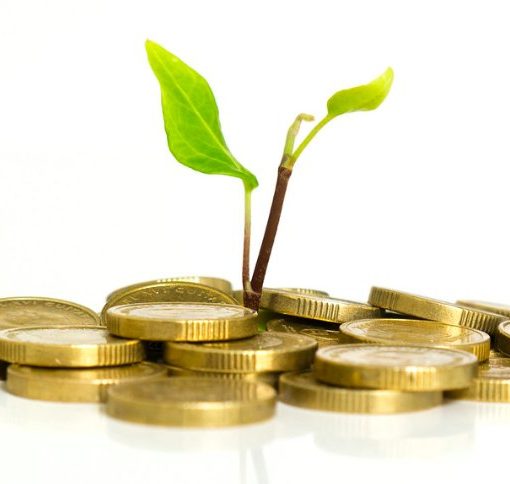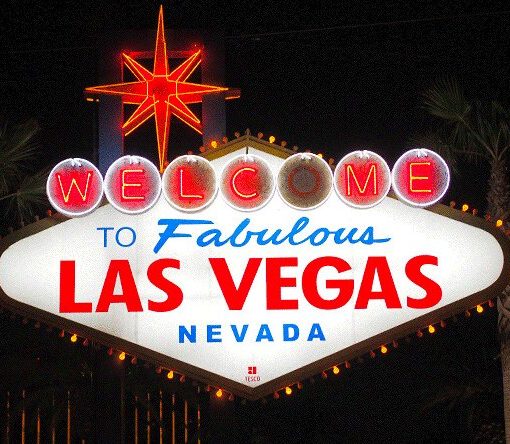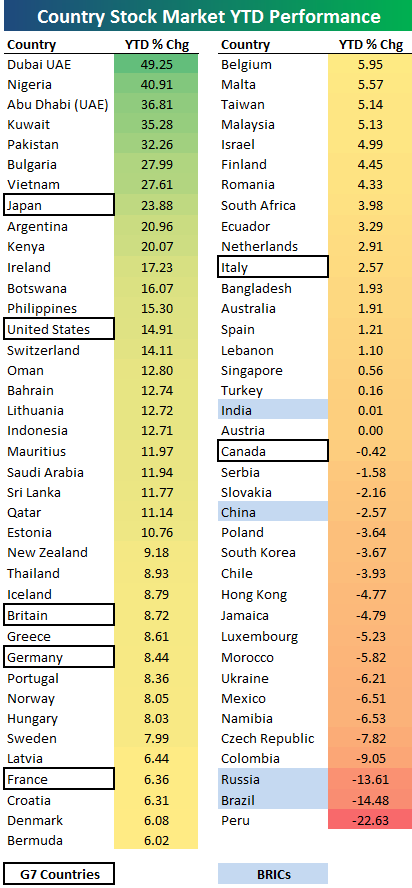After rising more than 20% in three days last week, the Dow technically entered a new bull market. In my opinion, that doesn’t mean the pain is over. In my view, a V-shaped recovery probably isn’t realistic. I think the full economic impact of the lockdowns is still unknown.
Because the Dow Industrials are up 20% from their recent lows, the bear market is technically over and we’re now “officially” in a new bull market.This headline was published before today’s sell-off, of course. But what are we to make of this?

To start, in my opinion, it’s probably far too early to dump every cent back into market. I’m nibbling on some stocks I really like, and I think it’s likely that we’ve seen at least a handful of good stocks already bottom out.
Stay Cautious
But I have a hard time seeing the market shoot straight up from here. We still have no idea how long lockdown conditions are in place and what the impact will be on corporate profits.
Plus, even if the lockdowns were lifted today, life doesn’t’ just magically return to normal. Small businesses that saw their revenues evaporate over the past month are going to be licking their wounds for a while and likely cutting back on hiring, inventory and any planned improvements. Most small businesses operate on slim margins, and removing a month’s worth of revenues is a major setback.
Think about it. That car you wanted to buy will still get bought, even if your purchase is delayed a few weeks or months. But the restaurant meal you would have enjoyed, the shirts you would have had dry cleaned, the haircut you would have had… Those revenues are lost forever. You’re not going to eat twice as many restaurant meals, get twice as many haircuts or get your shirts dry cleaned twice to “catch up.”
Jobs Hit
Small businesses employ roughly half of America. It’s helpful for Congress to send us checks. But to pretend this is going to keep consumer demand high and avoid a nasty recession is utterly ludicrous.
The most dangerous four words in the English language, at least with respect to your money and the stock market, are “this time is different.”
But in all seriousness, in my opinion, this time really is different. I think the volatility we saw throughout March truly was unprecedented. And while we’ve had plenty of recessions over the decades, we’ve never had the economy shut down like this. Not during World War II, not during the Great Depression and not even during the Spanish flu epidemic of 1918.
Check List
So, what should we expect?
To start, I wouldn’t expect the stock market to snap back to all-time highs any time soon. Remember, stocks were already trading at their highest valuations in nearly 20 years. By some metrics, the market was the most expensive it’s ever been… in history.
But that’s ok. There are still bargains to be had. So, with that said, here’s a checklist for April:
- If your job situation is secure, make a real effort to max out your 401(k) or IRA. Even if you’re not quite ready to drop the money into the stock market, you want to have the cash available for when the time comes. Plus, getting the money into the account gets you a tax break in the here and now. Be honest here about the safety of your job. Don’t put money into your 401(k) if you think you might be out of work in the coming months and in need of the cash.
- Make your list of stocks you’ve always wanted to own, and then check the prices. Starbucks (SBUX) briefly traded at $50 per share. That’s insane. Who wouldn’t want to own a world-class company for half the price it was trading at just a few weeks ago? I’m not telling you to run out and buy Starbucks. But make your own list of blue chips, and start averaging in. If we see more downside, we see more downside. But if you’re getting a fantastic price, do you necessarily care? Instruct your broker to reinvest the dividends, and let time and compounding work its magic.
- Be patient and try to keep a level head. I don’t know when life gets back to normal, and neither do you. No one does, and we have no historical precedent to go on. I personally think it’s madness to shut the world down like this. I’m not minimizing the danger of Covid-19, but I think our leaders are minimizing the damage the shutdown is doing. A little over 1,000 Americans have died due to the virus. 40,000-60,000 Americans die every year due to opiod abuse. Approximately 80,000 die annually due to alcoholism. Now, you tell me. Do you think those numbers will be higher in a bad recession as hard-hit people have a hard time coping? What about an uptick in crime or spousal abuse? Or suicide? Live ruined due to depression? Young entrepreneurs that are financially ruined, eliminating the jobs they would have created?
Balancing Act
I could go on all day. Most people dying of the coronavirus are already older and already have health problems. We should care about their plight… but in being overly cautious about their wellbeing, we’re creating new victims.
I like to think our leaders are smart enough to figure this out. But maybe they’re not.
So, all we can do is try to nudge them in the right direction while not making the situation worse.
Hang in there. This will get better. But it gets a lot messier first as we all try to sort it out.
Photo Credit: JD Fahey via Flickr Creative Commons
Dislosure:
The analysis in this material is provided for information only and is not and should not be construed as an offer to sell or the solicitation of an offer to buy any security. To the extent that this material discusses general market activity, industry or sector trends or other broad-based economic or political conditions, it should not be construed as research or investment advice. To the extent that it includes references to specific securities, commodities, currencies, or other instruments, those references do not constitute a recommendation by Interactive Advisors to buy, sell or hold such investments. This material does not and is not intended to take into account the particular financial conditions, investment objectives or requirements of individual customers. Before acting on this material, you should consider whether it is suitable for your particular circumstances and, as necessary, seek professional advice.




